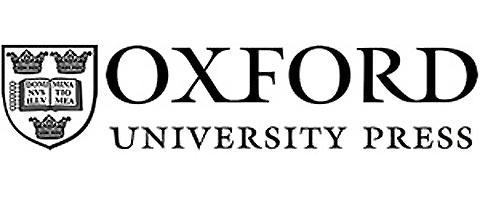This article explores how indigenous movements drive political inclusion of historically marginalized groups. The study finds that strong, unified movements increase the likelihood of indigenous representatives entering executive positions, but this effect is significantly reduced by factionalism within the movement and limited democratic freedom.
Key findings reveal:
* Indigenous Mobilization & Inclusion
* Organized movements correlate strongly with achieving political inclusion in state power structures
* Unity within the movement enhances its effectiveness at promoting representation
* Democratic openness creates favorable conditions for indigenous participation
The research employs a mixed-methods approach, combining quantitative analysis of new group-level data on ethnic parties and civil society organizations across Latin America from 1946 to 2009 with case study evidence focusing specifically on Ecuador.
This work underscores the crucial relationship between movement cohesion and political outcomes in indigenous advocacy.







